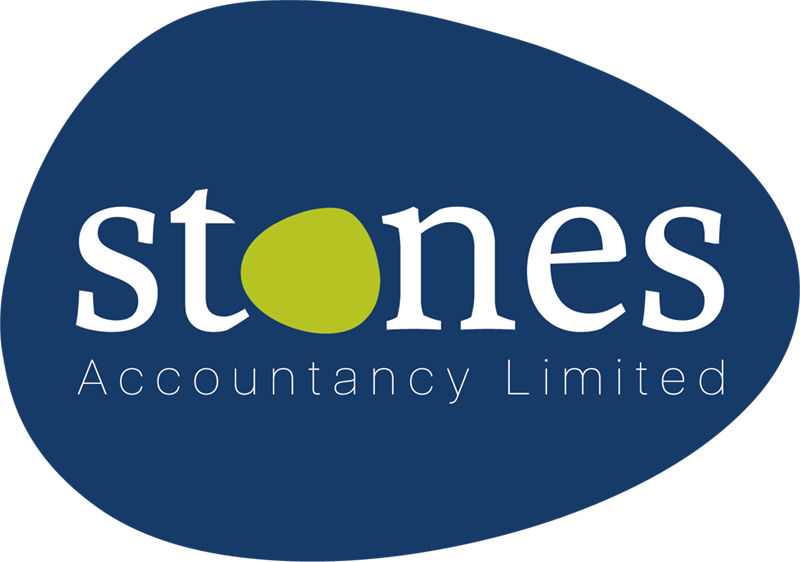Chartered accountants know what they’re talking about – but do you? Sometimes it can feel a little overwhelming trying to take in all the information at once. We strive for complete transparency here at Stones Accountancy. With the help of this blog (and more to come!), we’re going to help you avoid any confusion about these key terms.

What does the term Assets mean?
Asset: the items your company owns that can provide economic benefit.
Assets can generate revenue or be converted into cash. They can be physical items such as machinery and stock, or intangible such as intellectual property. They help us assess your company’s solvency and risk, and assist lenders in determining any future loans.
Which categories your assets fall into is based on several criteria, and you may find your company has multiple assets with unexpected value. Some examples are;
- Personal: bank accounts, real estate, personal property such as furniture or vehicles, investments in stock, mutual funds, and retirement plans.
- Business: machinery, property, raw materials, inventory, patents, royalties, and intellectual property. If you run your company online, you may find you have more assets within your business than you’d previously realised.
- Convertible: these are assets which can be turned into cash quickly, such as treasury bills, certificates of deposits, stocks, bonds, and other types of securities, inventory and saleable goods and materials the company has on hand.

Asset Recording
Public companies are legally required to be accurately accounted for, but more than that – understanding what assets you have is integral to growing your business. Understanding what your assets are worth can help you secure credit and obtain the correct insurance.
It can also help you estimate potential savings for your business; if leasing machinery or furniture would be more cost-effective than owning it, for example. How much does the machinery cost to maintain? What is the lost working time or risks from Health and Safety? Looking after your assets lowers the potential risks to your business, including all of the above.
We hope this blog has helped go some way to explaining one of the many accountancy terms we use on a regular basis, but if you have any questions – or there’s another term you’d like us to prioritise in explaining, contact us today!

